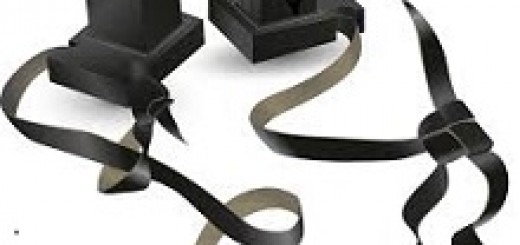By Rabbi Chaim Chazzan
Is it permissible to recite Tehillim or the blessing after using the restroom after the first set of tekios, during musaf on Rosh Hashana, before one has heard all one hundred kolos?
It is forbidden[1] to talk from the beginning of the first set of tekios, known as the tekios dimyushov, until the end of the tekios blown during musaf, known as the tekios dimeumad.
The Rif[2] discusses whether one must make another bracha on the tekios during musaf if one mistakenly interrupted between the two sets of tekios. He writes that although in the case of when one interrupts between tefilin shel yad and shel rosh one does make a second brocha, it is because the two tefilin are two separate mitzvos, however, by the case of shofar one shouldn’t make a second brocha because all the tekios are one long mitzvah. The Rif then adds that although one doesn’t make another brocha it is still forbidden to talk just as it is forbidden between the two tefilin. That would mean[3] that it is prohibited to interrupt even to say a brocha or Tehillim as the case is with regards to tefilin.
The Ran[4] however argues that one is only prohibited to interrupt between the brocha and beginning the performance of a mitzvah, but once one has started the mitzvah there is no prohibition to talk afterwards. Therefore there is no prohibition to talk between the tekios dimeyushav and the tekios dimeumad. However he writes that one should still be stringent not to talk without a need taking in consideration the stringent opinion of the Rif.
In summary there are two opinions regarding the nature of the prohibition of speaking between the tekios dimeyushav and the tekios dimeumad. The Rif compares it to interrupting between tefilin shel yad and shel rosh, meaning that all interruptions including a brocha or Tehillim would be prohibited. Whereas according to the Ran in principle it is permissible to talk and it’s only a stringency not to, hence saying a brocha or Tehillim is not an interruption without a purpose and is permissible.
We now have to see which of the above mentioned opinions does normative halacha follow. The Alter Rebbe[5] follows the opinion of the Ran, therefore only idle talk is prohibited but saying Tehillim or Asher Yatzar is permitted[6]. Moreover, saying Tehillim can be likened to the piyutim we say during chazaras hashatz of mussaf which don’t constitute a hefsek[7].
[1] שו”ע תקצ”ב ס”ג ושוע”ר ס”ז
[2] ר”ה יא, א
[3] פנ”י ר”ה לד ע”ב, וכמותו פסק המהרש”ם בדע”ת סוס”י תקצ”ב.
[4] שם
[5] שם
[6] כ”פ לגבי ברכת אשר יצר בשו”ת מנח”י ח”ג סי’ מד וח”ד סי’ מז, ציץ אליעזר חי”א סי’ מה, שבט הלוי ח”ה סי’ סו וח”ז עט, קנין תורה ח”ה סי’ נו. ולגבי אמירת תהילים בין סיום תפילת הלחש לתחילת חזרת הש”ץ או בשעת שהחזן מאריך בניגונים כ”פ להתיר כמה פוסקים הובאו בנטעי גבריאל פס”ד הע’ ד. ולמעשה שמעתי מהרה”ח ר’ בערל דובראווסקי שי’ ששאל שאלה זו [אם מותר לומר תהילים בין תקיעות דמיושב לתקיעות דמעומד] לפני הגרש”ז דווארקין זצ”ל והתיר לו
[7] דרכי חיים ושלום אות תשכ”ה





















